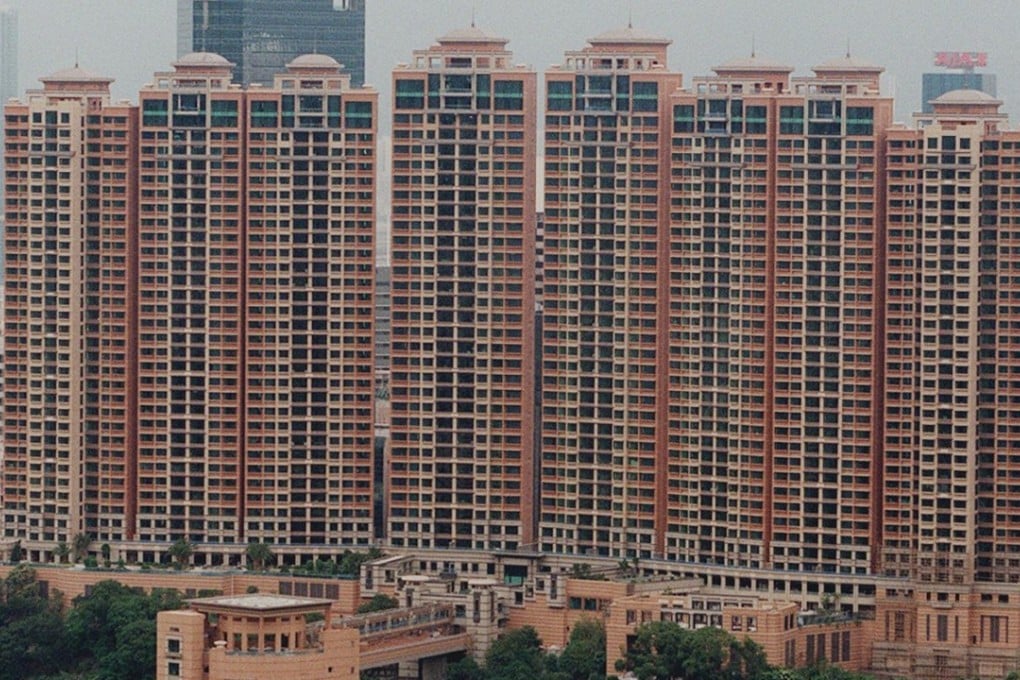Hong Kong’s chief executive says she will keep the public purse away from bailing out the property industry
- Negative equity, in which a property’s value falls below the amount of the loan used to buy it, is already afflicting scores of home buyers who entered the market at the top
- The last of Hong Kong’s negative equity households took more than a decade to climb out of their debt trap

Hong Kong’s government, which has repeatedly warned against speculation in the world’s most expensive property market, said it would keep public money away from any bailouts of the industry, as the city’s home prices and sales end a decade-long boom.
“Don’t count on the government rescuing the [property] market,” Chief Executive Carrie Lam Cheng Yuet-ngor said during the Hong Kong Economic Journal’s Economic Summit 2019 conference in Hong Kong. “The downward adjustment has not even offset the increase at the beginning of this year.”
The median cost of live-in homes has dropped by 3.7 per cent since August, as the city ended 28 consecutive months of ever-rising prices.
Homebuyers can expect prices to decline by another 10 per cent to 15 per cent next year, according to forecasts by Centaline Property and Midland Realty, the two agencies that dominate the city’s real estate sales.